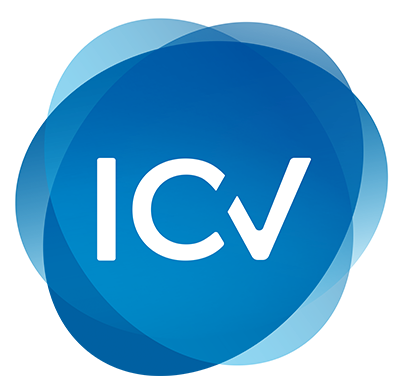Three questions to Yu-Kyung Rasche, Head of Data & Analytics, Global Business Controlling | AFB at Henkel AG & Co. KGaA Düsseldorf:
1. The title of your project is “Henkel AG & Co. KGaA: Digital Roadmap for Group Financial Controlling”. From your point of view, what was the biggest challenge in this project – for you personally, for your team, for the company?
Yu-Kyung Rasche: For me personally, the biggest challenge in this project was dealing with the uncertain achievement of goals. Our mission is the digital transformation in Group Financial Controlling, which we are driving forward with the help of digital initiatives. Typically, digital initiatives are submitted for budget approval with a cost and benefit estimate. However, with an uncertain target achievement, a strict budget approval process is difficult to fulfill. It was therefore necessary for everyone responsible for the budget to rethink and change the team set-up to support an experimental, innovative approach. Something like this doesn't happen overnight. However, with continuous change management measures and a new team set-up with dedicated data scientist support, we have mastered the challenges. We were then able to focus on the initiatives of our digital roadmap and generate usable added value in just a few months.
For us as a team, the biggest challenge was to approach the use of data science and, after taking a beginner's Python course (from the WHU), to admit that we need data scientists with experience. A different approach and new skill sets were necessary, which we could not have learned in just a few weeks or months. It would still have been a good bet of our time. This challenge taught us what a new team set-up could look like as a blueprint for a future controlling organization.
From the company's point of view, the biggest challenge was to spread change management and upskilling within the entire financial organization. We have already spread the knowledge and transferability of some initiatives to other areas, while other initiatives still wait. In order to allow new food for thought and approaches to develop in other areas, time is needed for innovative thinking. It is not possible for every team to cut this time out of everyday life with other burning issues for a certain period of time.
2. To what extent can the digital roadmap and the way to get there also be a blueprint for other companies?
Yu-Kyung Rasche: Our way to a digital roadmap can serve as a blueprint for other companies. We recommend following 3 phases:
1. Benchmarking & Ideation – Participate in events related to the topic (it inspires, and reinforces the case for stakeholder support & leads to collaborations). Exchange ideas with universities (participation in studies e.g. Delphi study of the WHU / internship programs / courses etc.), other companies and internally with other departments.
2. Initiative prioritization – Get feedback from your teams and your organization on what a common vision looks like and what the priorities are. Ultimately, this vision is your prioritization and creates a personal connection!
3. Organisational Set-up – Feel free to test a few things at the beginning (we first tested some initiatives in a small group to take out the performance and time pressure. That helped enormously in giving the team the freedom and security to experiment and be creative). What can you do yourself (e.g. automating processes with KNIME) and where are there gaps (e.g. data science)? Try different ways to close them. Could tools like self-service tools (e.g. KNIME, Power BI) help? Is there training (WHU Python course for managers, internal upskilling courses, webinars, blogs, etc.) to close the gap from the existing team (after the test we decided for ourselves that we would not do any upskilling in the team in this case want & a specialization in the area is necessary - from our point of view this is more of a full-time job)? Or do you need new support? Where could it come from (e.g. from IT or Global Business Solution Organization - at the beginning we were able to close this gap through internal cooperation with our Corporate Audit Team, this cooperation arose from an internal exchange :))? Which setup works and could become standard in your organization in the future?
And finally, our digital roadmap initiatives in the areas of Automated Reporting, Outlier Analysis, Incident-based Reporting, Predictive Forecasting and Self-Service Analytics can certainly be an inspiration for other companies to test whether they can add value in their case.
3. Why did you apply for the ICV Controlling Excellence Award?
Yu-Kyung Rasche: We applied for the ICV Controlling Excellence Award because we are very proud of our digital roadmap and the numerous valuable insights along the way, and we wanted to share them with other companies in this way. The International Association of Controllers offers a specialized forum that is perfectly suited to sharing such "Lessons Learned" in controlling to inspire other companies and to exchange ideas among like-minded people. Exactly such inspiring contributions and exchanges have enriched us to advance our digital roadmap. We believe that sharing our knowledge with other companies is enriching and fruitful and we are very happy to be able to contribute.


